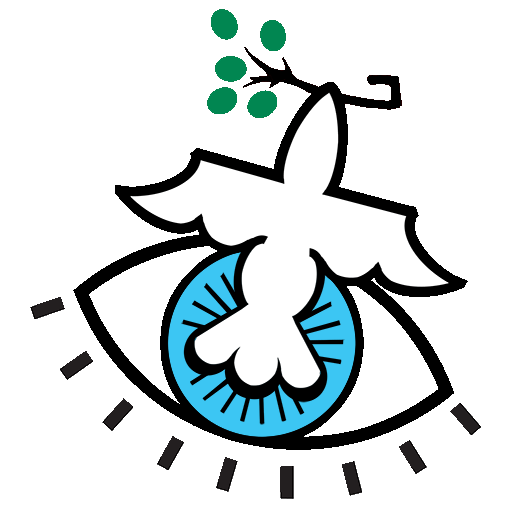“Men never commit evil so fully and joyfully as when they do it from religious convictions.” Blaise Pascal (19 June 1623—19 August 1662).
We are all acutely aware of the great evil done in the name of God. Every day the media report killings and other atrocities committed in the name of religion. Even when we can attribute many of these evil deeds to evil leaders who cynically and hypocritically preach hatred and violence in the name of their faith in order to achieve power and wealth, there remains the philosophical ‘fact’ that there is some dynamic in religion that creates and foments evil.
Paul Tillich (Aug. 20, 1886—Oct. 22, 1965), the great German philosopher-theologian, proposed that IDOLATRY is the source of the evils perpetrated by religion. He argues that we chronically anxious humans fear the profound ambiguity at the heart of our existence. We try to overcome this fear by imposing clarity and certainty upon that which is essentially mysterious. Because we lack ‘the courage to be,’ that is, the courage to engage the mystery of being, to live our lives fully with all the profound risks that such a commitment involves, we take refuge in rationalization and false certitude to justify ourselves and our behavior, to make ourselves feel comfortable and secure—frequently causing, thereby, great injury to the well-being of others.
How do you recognize when a religious tradition has made an IDOL of what it believes? The answer is very simple: it kills people—spiritually, emotionally, intellectually, and physically.
Catholics make an idol of their church when they confuse the institution with the divine will, when they declare that their church alone possesses the truth, that there can be no salvation outside of its jurisdiction (extra ecclesiam nulla salus). Protestants make an idol of Jesus when they preach that faith in Jesus is the only way to God (sola fides) and of the scriptures when they declare them to be the sole source (sola scriptura) of revelation. Jews make an idol of the Torah when they claim that it gives them the divine right to certain pieces of real estate. Muslims make an idol of the Koran when they claim that it gives them the divine right to impose Islam on all non-believers; and they make a fetish of Mohammed when they kill people they judge to have dishonored him.
Stalin and Mao made an idol out of Marxist dialectic when they claimed that history required them to destroy private property and kill millions of peasants in the name of progress. And, Hitler made an idol of racial folk-blood when he made ‘Aryans’ masters of all other human beings, judges entitled to decide who lives and who dies, killing Jews, gypsies, Poles, homosexuals, communists, and many other groups who did not fit into their pure blood race of supermen.
The Latin ‘religio,’ from which we receive our English word religion, means ‘to bind oneself’ to a discipline or ‘to connect oneself’ to the divine. The Latin ‘religio’ bears kinship to the Sanskrit root verb that gives us our English word ‘yoga’ which means to join oneself or yoke oneself to a set of practices spiritual as well as physical. For me this etymological excursion reveals the true meaning and nature of religion.
The rituals, symbols, teachings, and practices (morals and mores) of a religion are the means by which we strive to make ourselves ‘awake’ to the presence of God in all the aspects of our lives. Religion should be the matrix and means for participating in the life of God. As such, the purpose of religion is not to dissolve the mystery of life but to enable the practitioner to enter more deeply into that mystery. This engagement of the mystery at the heart of our being does not destroy our ‘anxiety.’ On the contrary, the proper practice of religion enables us to respond constructively to our fear; it enables us to respond creatively to the ambiguity of life.
Religion should help us to act compassionately toward all our fellow creatures—including ourselves.
__________________________________
WCTimes: 07 August 2013 ©[email protected]
Nick Patricca is professor emeritus at Loyola University Chicago, president of Chicago Network and playwright emeritus at Victory Gardens Theater.
